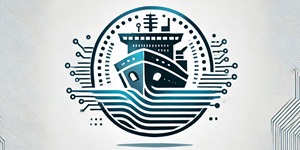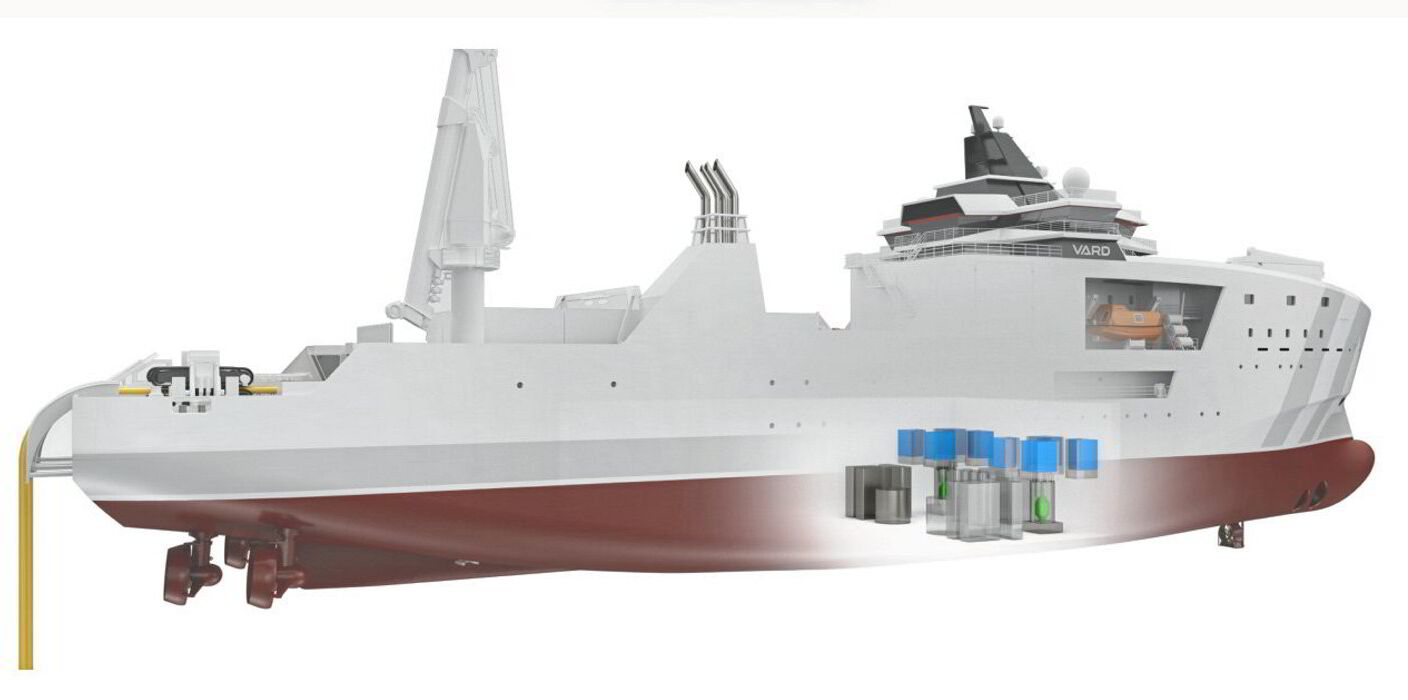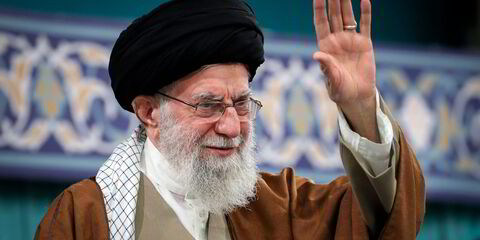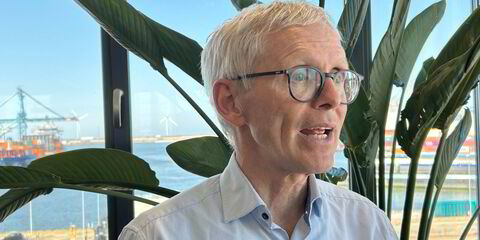Norwegian class society DNV has issued notations for autonomous shipping technologies.
The notations come as technology firms rapidly scale up systems and solutions to provide automation on board vessels, systems for off-vessel control centres and work on the holy grail of autonomous unmanned commercial ships.
DNV sees the need for a set of class-based standards as international guidelines for autonomous and remotely operated ships (AROS) have been agreed for 2025. However, this will not lead to a mandatory set of rules until 2032.
“Autonomous shipping, in all its formats, is a key part of the future development of shipping,” Geir Dugstad, technical director, classification at DNV Maritime said.
“With the notations, we will see novel autonomous and remotely controlled pilot projects achieving at least the same safety levels as conventional vessels.
“When the technology from these pilots becomes available for seafarers, features such as collision and grounding avoidance, vessel lookup support and remote machinery support can help improve safety and reliability.”
The available notations cover four specific functions for autonomous ships.
These are navigation, engineering, operational and safety, and will also be distinguished by category (remote control, decision support, supervised autonomy and full autonomy) and location of ship control (onboard, off-ship or hybrid).
“Advances in research, technology, and legislation, as well as experience from projects, is expected to lead to significant developments in autonomous shipping technology in the future,” Dugstad said.
“DNV’s guidelines and AROS class notations were designed to remain in step with these developments and will mature as autonomous technologies evolve.”(Copyright)






